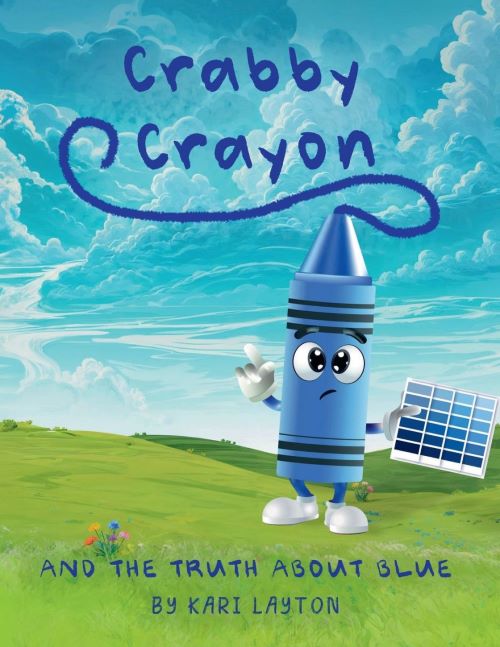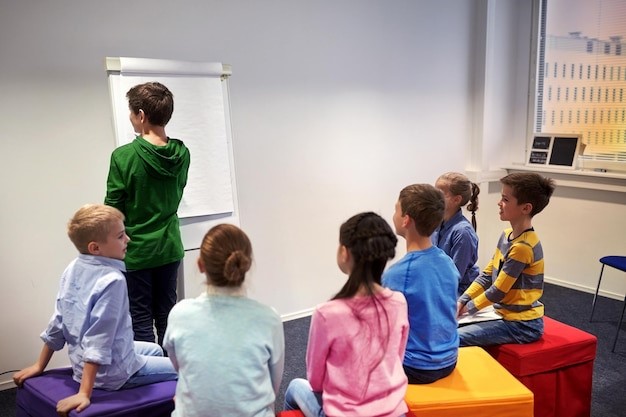Have you ever considered how discussions and friendly debates could shape your child’s learning journey? The role of debate in early childhood learning helps kids build confidence, think critically, and embrace new ideas. By encouraging open conversations, you create opportunities for children to explore different viewpoints and expand their understanding of the world.
Healthy debates teach kids that it’s okay to question ideas, express opinions, and consider alternative perspectives. Let’s explore how healthy discussions and friendly debates help young minds build confidence, think critically, and embrace new ideas.
Why Is Debate Important for Early Learners?
Debate and discussion are more than just talking, they teach essential life skills. When kids engage in discussions, they learn how to articulate their thoughts, listen actively, and think independently.
These skills improve decision-making, empathy, and self-expression, helping children navigate social interactions and academic challenges with confidence.
How Debate and Discussion Benefit Early Learning
1. Boosting Critical Thinking
Debating encourages children to analyze information and form opinions based on evidence. This process strengthens their ability to think logically and solve problems.
2. Encouraging Respectful Listening
Listening to others’ viewpoints teaches children that everyone’s opinion matters. This builds patience, empathy, and cooperation.
3. Building Confidence
Sharing ideas in a supportive environment boosts self-esteem. Children feel more comfortable expressing their thoughts when they know their voices are valued.
4. Developing Communication Skills
Debates help kids practice speaking clearly and organizing their ideas. These skills are essential for both social interactions and academic success.
5. Promoting Open-Mindedness
Discussing different opinions encourages children to consider new ideas. This helps them become more adaptable and accepting of diverse perspectives.
How to Introduce Debate to Young Learners
1. Start with Simple Questions
Ask questions like, “Which is better: summer or winter?” to spark friendly discussions and get kids comfortable expressing opinions.
2. Use Storytelling
Books are great tools to prompt debates. Ask your child what they would have done differently in a story and why.
3. Encourage “What If” Scenarios
Pose hypothetical questions like, “What if animals could talk?” to inspire creative thinking and open-ended discussions.
4. Celebrate All Ideas
Praise your child’s willingness to participate, even if their ideas are different. This builds confidence and encourages ongoing conversations.

Final Thoughts
The role of debate in early childhood learning helps children become confident, empathetic, and open-minded individuals. By encouraging discussions at home, you give your child the tools to think critically and explore new ideas.
If you want to spark discussions about perspective and diversity in your kid, then ‘Crabby Crayon and The Truth About Blue’ by Kari Layton is a good choice. This story encourages children to question assumptions, engage in discussions, and appreciate different viewpoints.
Order you copy now and inspire meaningful debates.

